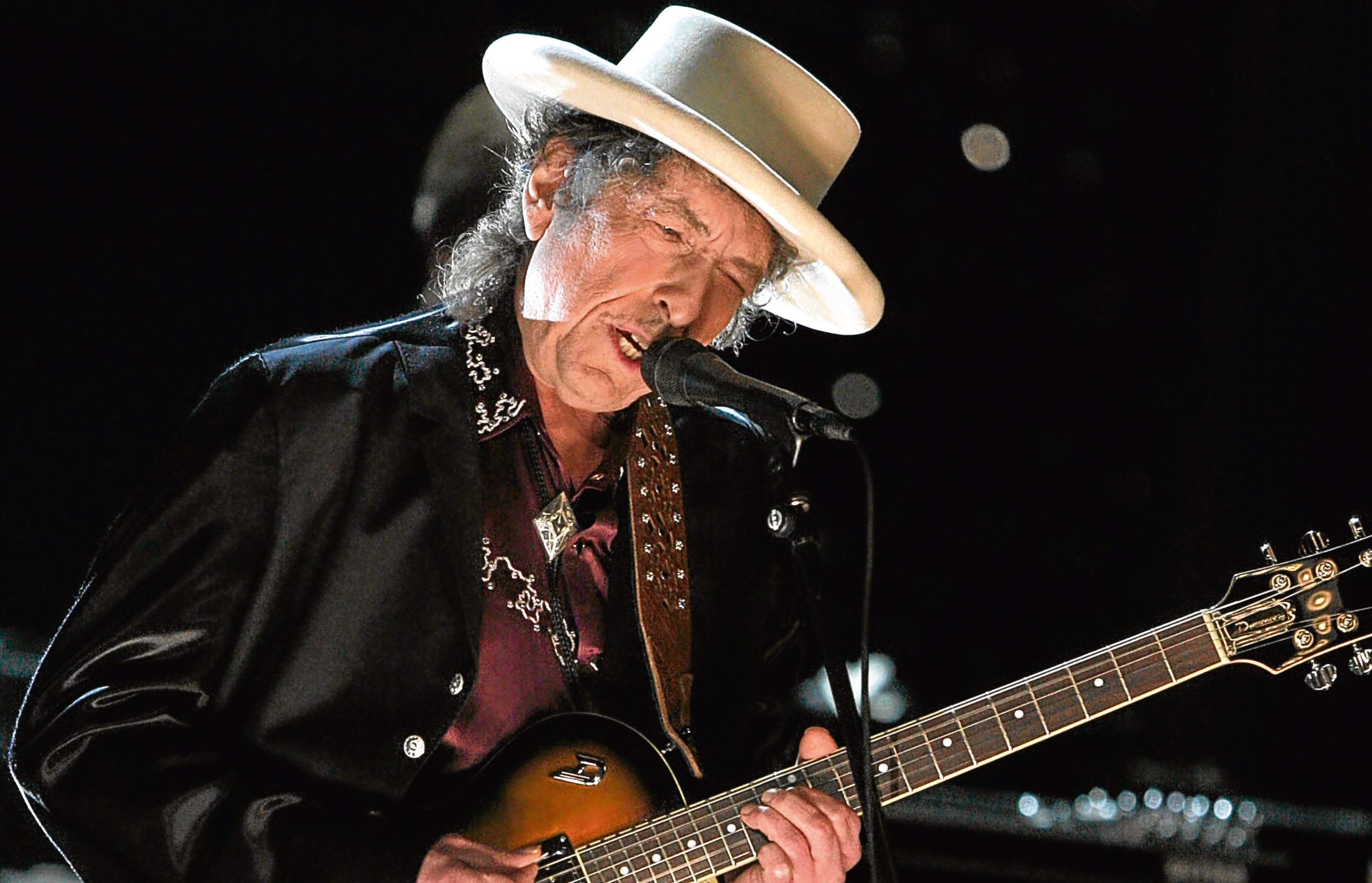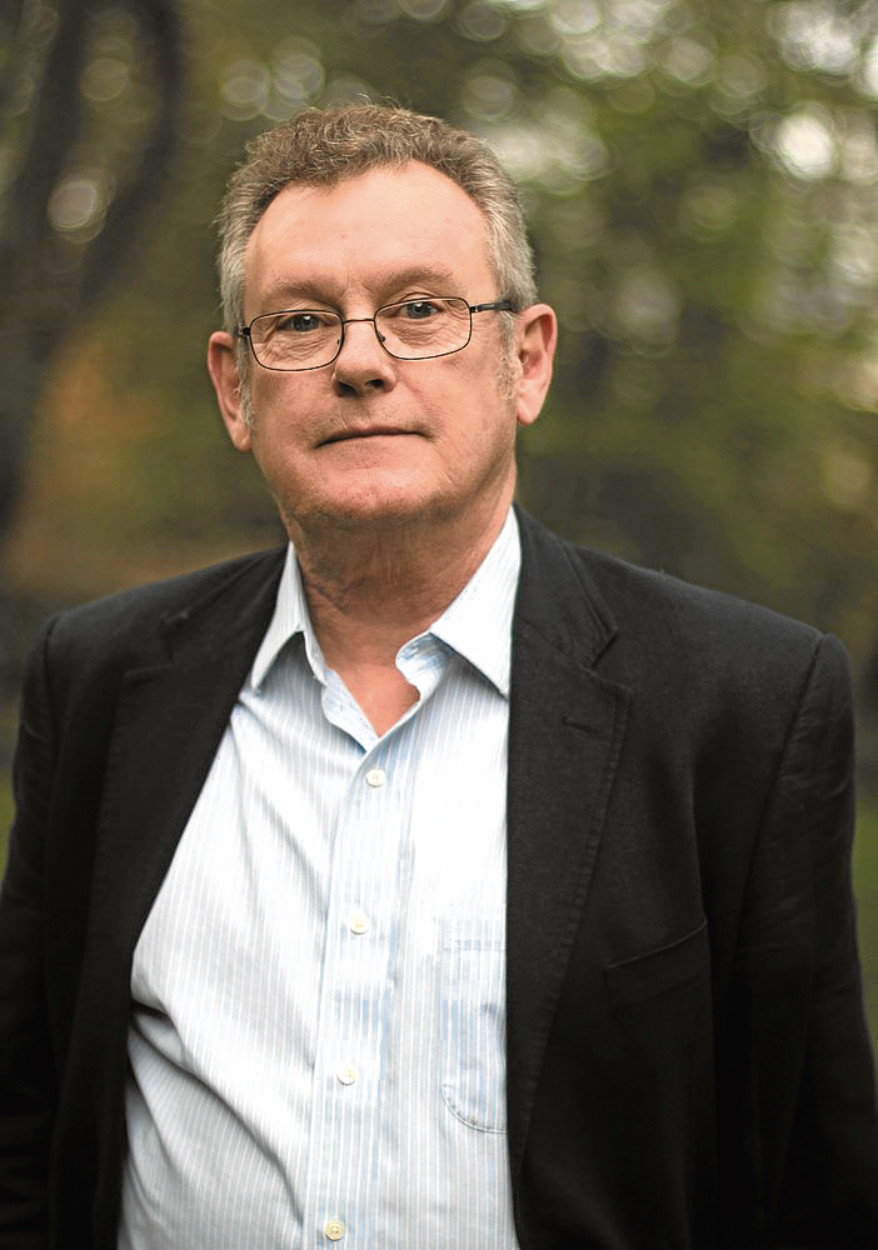
HARVARD academic Richard F Thomas, author of Why Dylan Matters and renowned as a world expert on classical poetry, tells Laura Smith the Honest Truth about Bob Dylan and why the legendary singer-songwriter fully deserved to receive the Nobel Prize for Literature
What’s your background?
I have been Professor of Classics at Harvard since 1974. I teach and write about classical Greek and Roman literature, chiefly poetry. I have been a fan of Bob Dylan for about as long and I’ve taught a freshman seminar on Dylan every four years since 2004. That class happened to meet on the same day Dylan’s Nobel Prize for Literature was announced on October 13, 2016.
Why did Dylan deserve the Nobel Prize?
Dylan inherited pop and rock and roll traditions, mastered the “folk vernacular” – he utterly assimilated English, Scottish and American folk traditions – added blues and gospel, and converted his literary reading into song.
From all of these components, he invented and reinvented genres, which then became the foundation for others who followed in his tracks, such as Leonard Cohen, Bruce Springsteen, Joni Mitchell and Neil Young – not to mention The Beatles.
He’s an instantly recognisable household name, whether or not you like his art. The Nobel Prize recognises that.
What was the general reaction to the decision?
Surprisingly positive. Writers including Salman Rushdie and Stephen King immediately gave their stamp of approval.
And the 2017 Nobel winner, Kazuo Ishiguro, revealed that Dylan was one of his heroes growing up and that without Dylan he might not have become a writer.
What was his reaction?
He was happy enough to accept the Nobel Prize for Literature but contradicted the Swedish Academy, which had stated that Dylan’s lyrics can be read. In his Nobel lecture, Dylan said his songs were not literature – they have to be sung, not just read.
That is why “Bob Dylan” consists of the words, the music, the voice; all aspects of the performance.
What is Dylan’s most powerful piece of songwriting?
For sheer lyrical beauty and powerful images, Visions Of Johanna from 1966, which tells a story of a relationship that is over but still alive and painful for the singer, who cannot be with the absent object of his desire.
Why did you decide to teach a class on Dylan at Harvard?
The lyrics of songs are in my view worthy of serious literary consideration but should also be considered in the context of how they are performed.
In 2003, after hearing the 2001 album Love And Theft, I decided to teach a freshman seminar on Dylan, both from a literary point of view and also across his career, from the perspective of his cultural and musical importance as the greatest songwriter and performer of his time.
What parallels are there between Dylan and the great classical poets?
Dylan draws and “quotes” from the texts of classical poets. On Tempest he quotes Odysseus, the central character of Homer’s Odyssey.
Odysseus, the “man of many twists”, is the ideal character for Dylan (known as the Jester, Jokerman, Jack of Hearts, Jack Frost) to adopt. In his 2017 Nobel Lecture, Dylan concluded by saying the Odyssey had been one of the important books in the formation of his song “Early Roman Kings”.
Who else could win the Nobel Prize for Literature?
Perhaps someone like Robert Burns. The closest to Dylan would be Leonard Cohen, who reported Dylan saying to him: “You’re number 1, Leonard, but I’m number zero.”
Why Dylan Matters by Richard F Thomas, published by William Collins, is available now.

Enjoy the convenience of having The Sunday Post delivered as a digital ePaper straight to your smartphone, tablet or computer.
Subscribe for only £5.49 a month and enjoy all the benefits of the printed paper as a digital replica.
Subscribe